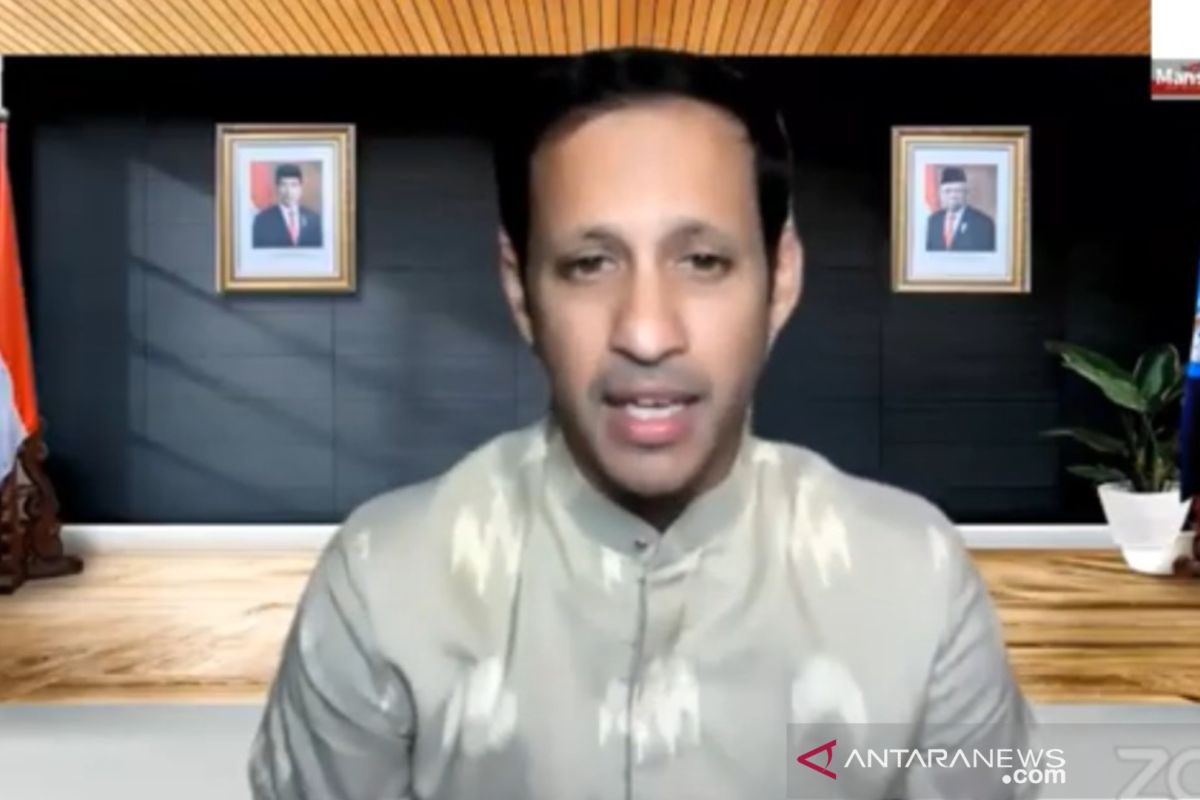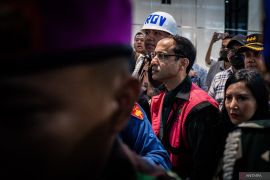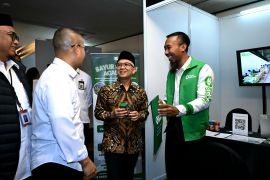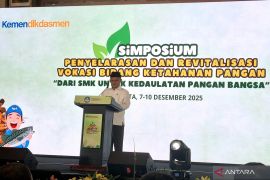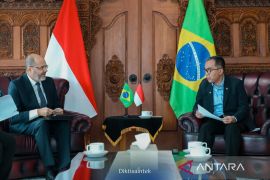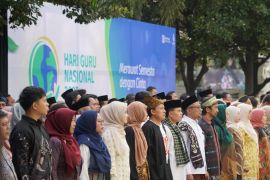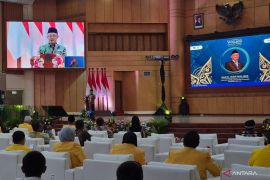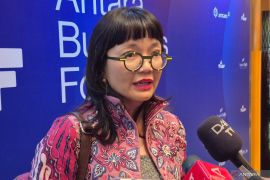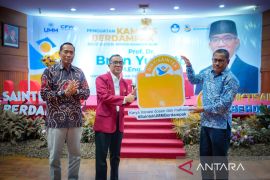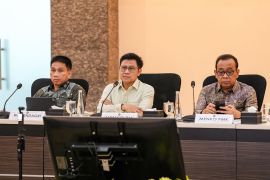Face-to-face learning would not be implemented in January 2021 without fulfilling the strict requirements.Jakarta (ANTARA) - Face-to-face learning will resume in the second half of the 2020-2021 academic year, albeit after meeting the stringent requirements to protect the health and safety of children, Education and Culture Minister Nadiem Makarim stated.
"Face-to-face learning would not be implemented in January 2021 without fulfilling the strict requirements," Makarim noted during an online meeting with the Indonesian Child Protection Commission (KPAI) on preparations for conducting face-to-face schooling here on Monday.
Makarim admitted that long-distance learning being implemented for nine months did have some negative impacts on the children, although the policy is aimed at preventing them from contracting COVID-19.
"There are some trends in the public that also occurred in some other countries. For instance, the threat of dropouts, as children are forced to work to help in supporting their families financially," he pointed out.
Makarim remarked that distance schooling had also affected the children's character and cognitive development and triggered psychosocial stress and violence against children that remain undetected by teachers.
"Taking into account those impacts, the government has evaluated the implementation of long-distance learning and taken into account the aspirations of all stakeholders. The outcome of the evaluation has been used as a basis for the issuance of a joint-ministerial regulation concerning the pandemic," he revealed.
The minister reiterated that the plan to conduct face-to-face schooling in the second half of the academic year 2020-2021 would be followed by the implementation of stringent health protocols.
The decision to allow a school to implement face-to-face learning will be aligned with the local government's policy, though following the approval of the school's committee and parents.
"It is not necessarily implemented simultaneously in one district of the city, but it can be conducted gradually at the sub-district or village level. It depends on the local government's decision," he stated.
Makarim affirmed that parents had the final say in deciding whether their children will join face-to-face schooling or continue with distance learning.
On the other hand, schools have to facilitate students opting to continue distance learning.
"Above all this, the most important aspect is that the local governments should thoroughly consider all aspects before giving the green light for face-to-face learning," the minister added.
Related news: Makarim visits Rote Ndao to check COVID-19 impact on education
Related news: Youth should better respond to pandemic-induced anxiety for solution
Close
EDITED BY INE
Translator: Katriana, Sri Haryati
Editor: Fardah Assegaf
Copyright © ANTARA 2020
